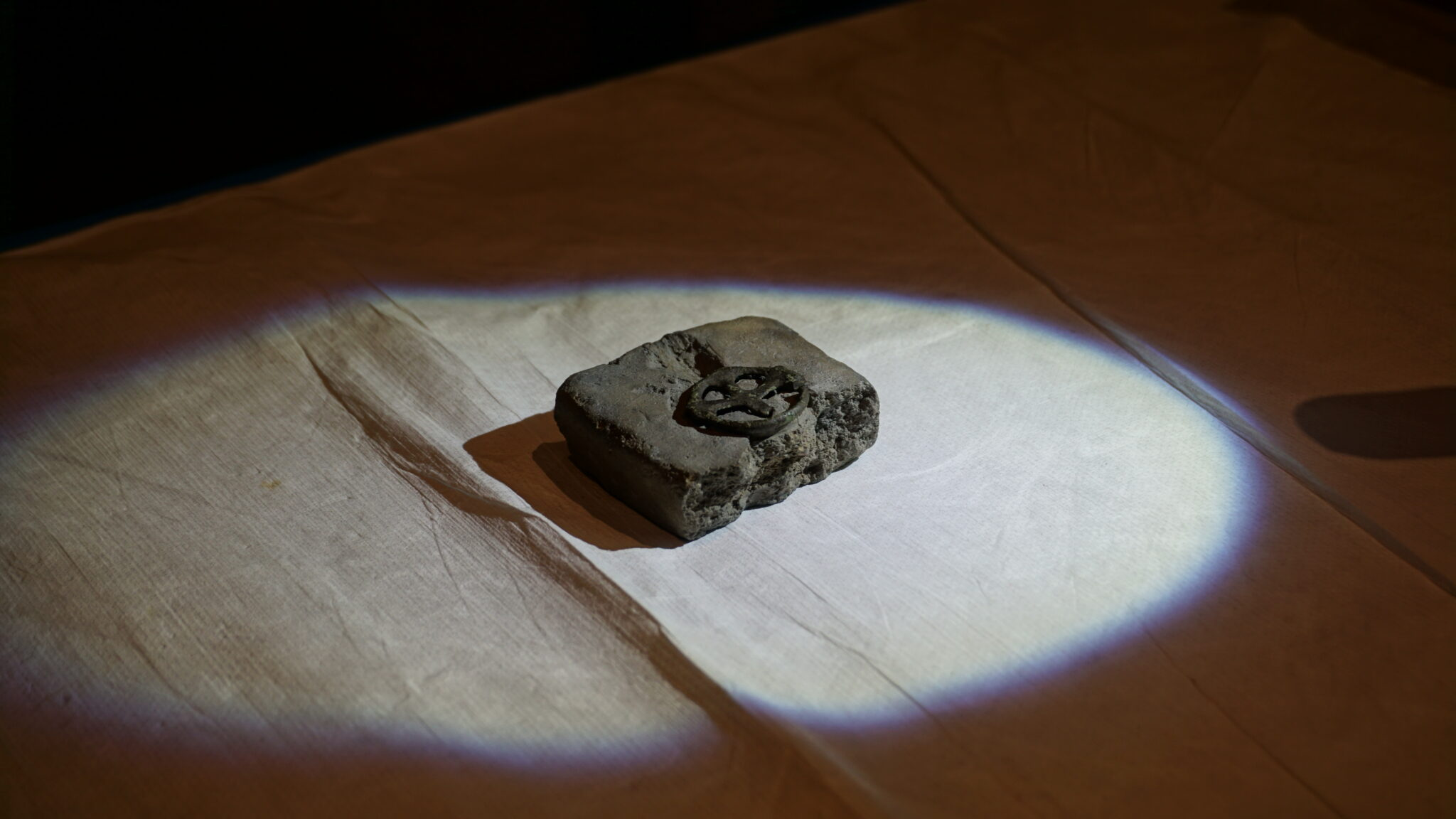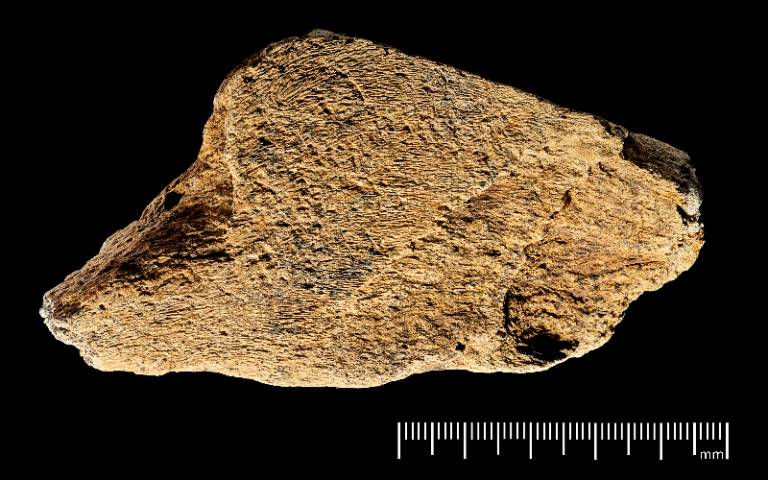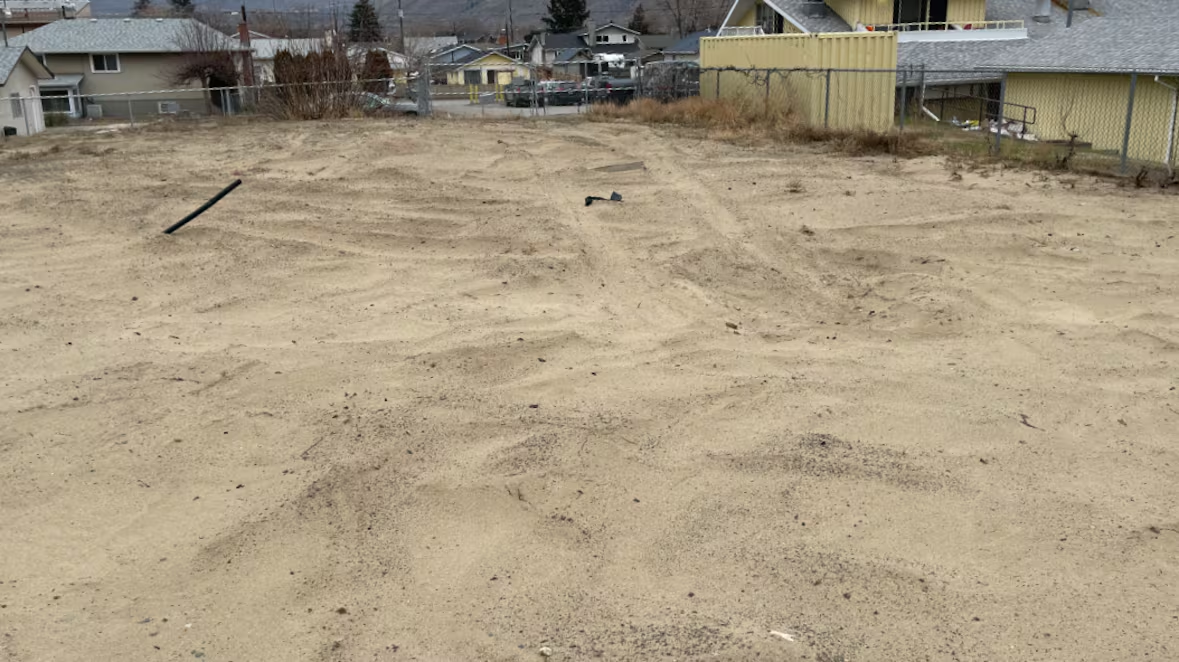The clay inscription P15632 with the first 13 verses of the rhapsody Ξ of the Odyssey (Odysseus' encounter with Eumaeus) is exhibited in the Archaeological Museum of Olympia.
It is a recent find, coming from the Roman cemetery at Fragonissi, 1.5 km east of Olympia, and it was used as a building material in a funerary monument from the 3rd Century AD.
It was found in 2018 and is considered one of the most important archaeological discoveries of the year worldwide!
According to the research data, the inscription is the oldest preserved fragment of the specific verses and at the same time one of the oldest texts of the Homeric epics from the Greek area (apart from shells or vases with verses from the Homeric epics).
This underlines the great importance of the find, but also its uniqueness as an archaeological, epigraphic, philological and historical testimony.








